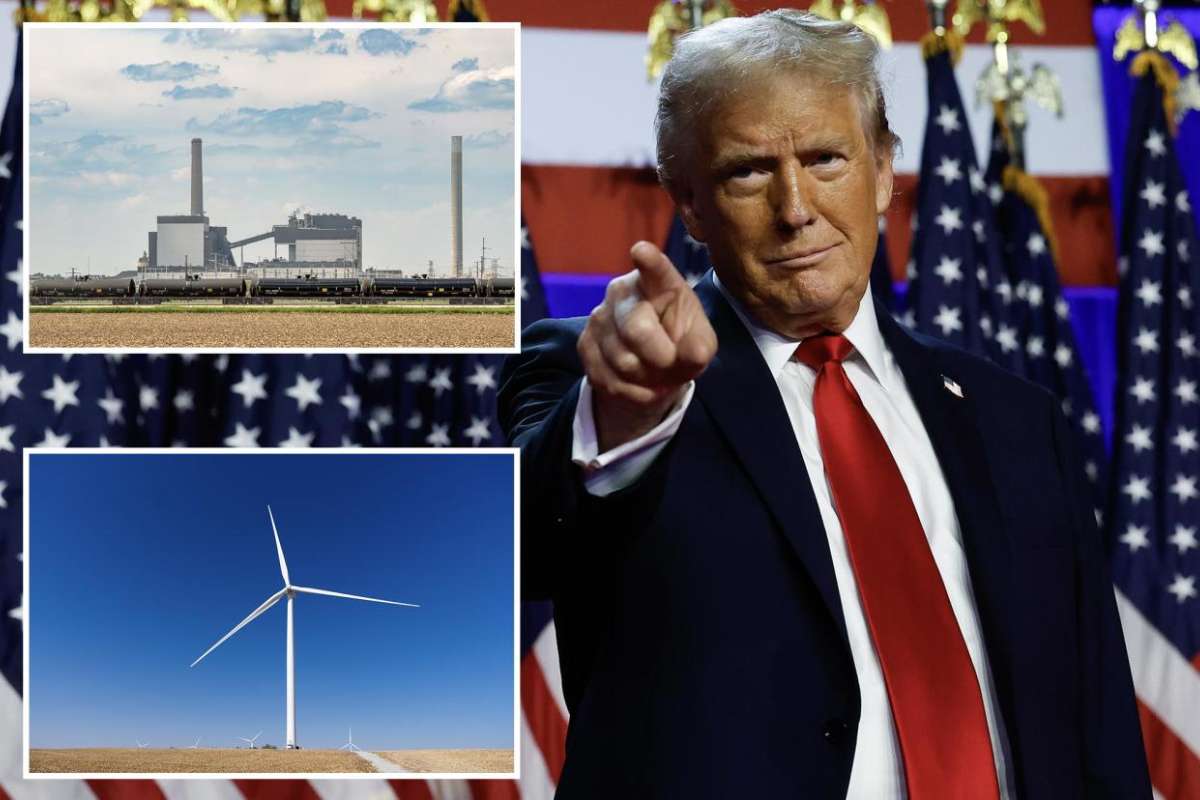Public Awareness of Energy Risks
A new poll conducted by the American Energy Institute reveals that a significant portion of Americans lacks awareness about the Renewable Energy Risks and the importance of traditional energy sources like oil and gas. According to the survey, 57% of U.S. voters were unaware that the country faces an elevated risk of energy shortfalls. In contrast, 43% acknowledged the growing concerns regarding energy shortages.
Data from the U.S. Energy Administration Agency highlights that two-thirds of U.S. energy grids have previously been vulnerable to shortages, with regions relying more on renewable energy being at a higher risk. Despite these challenges, the poll also found that public understanding of how fossil fuels contribute to everyday life remains limited.
Limited Knowledge About Fossil Fuel Applications
The survey showed that many Americans underestimate how vital fossil fuels are beyond heating homes or fueling vehicles. For instance, only 41% of respondents knew that fossil fuels help preserve baked goods, while 46% recognized their role in producing medicines like aspirin. Furthermore, just 49% of voters were aware that fossil fuels contribute to creating ammonia, which is essential for fertilizers.
When asked about the most valuable uses of fossil fuels, 60% cited gas for home heating, followed by gasoline for vehicles (50%) and electricity for cooling (49%). Other uses, like producing concrete (34%), medical device plastics (30%), and fertilizers (27%), received lower recognition. Renewable Energy Risks were highlighted in the context of these findings. Jason Isaac, president of the American Energy Institute, emphasized the importance of educating voters, stating, “Traditional energy sources are a bulwark of prosperity and comfort.”
Political Divide and Future Energy Plans
The poll further revealed a divided public opinion on energy priorities. Support for expanding renewable energy sources like solar panels, wind turbines, and hydrogen production stood at 48%, narrowly surpassing the 43% who supported boosting oil, coal, and natural gas production. However, this divide reflected clear political lines: 64% of Democrats favored renewables compared to just 27% backing fossil fuels, while 63% of Republicans supported fossil fuels over renewables (30%). Independents leaned slightly toward renewables, with 48% in favor and 43% supporting traditional energy.
The findings come as a Republican-led Congress prepares to prioritize energy legislation. President-elect Donald Trump has vowed to revive fossil fuel production under the slogan “Drill, baby, drill.” Energy policy reforms, such as the previously passed Lower Energy Costs Act, may resurface, focusing on simplifying the permitting process to increase oil and gas output.
Jason Isaac expressed optimism about reform efforts, particularly advocating for more nuclear energy and streamlined regulations. “The burden should be on the government to prove environmental impacts, not on the companies applying for permits,” Isaac stated.
The survey on Renewable Energy Risks polled 1,600 registered voters between November 21 and 25, with a margin of error of ±2.45 percentage points. Women made up 52% of respondents, while men comprised 48%. By party identification, 36% were Democrats, 31% Republicans, and 33% independents.












